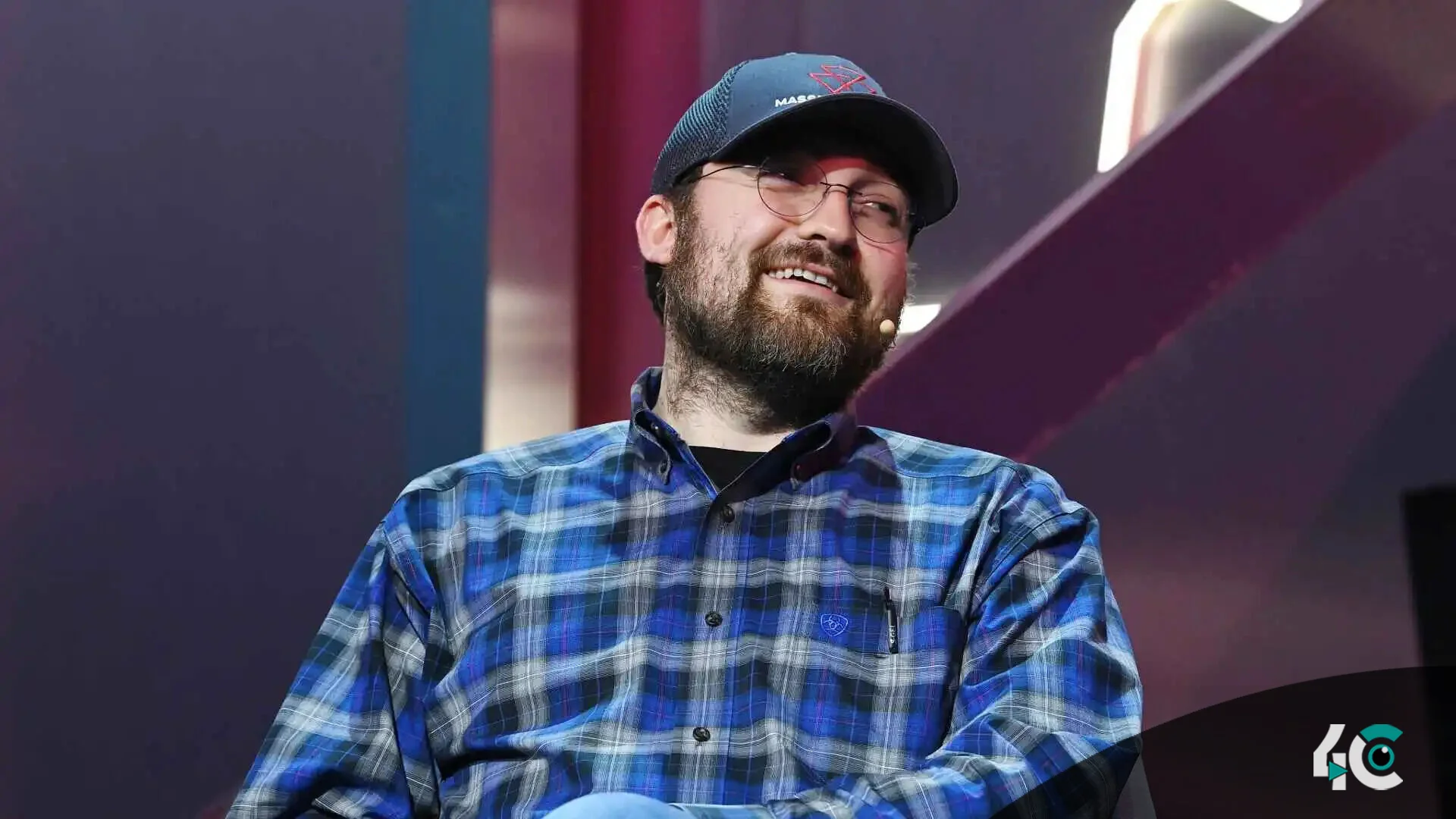Cardano’s founder, Charles Hoskinson, is taking a big step to shape the future of cryptocurrency legislation in the United States. Hoskinson announced plans to establish a policy section under his firm, Input Output Global, with the goal of collaborating with politicians to create a solid legislative framework that supports the growth and clarity of the digital asset industry.
In a recent video, Hoskinson stressed his commitment to collaborating with government officials, saying, “I’m going to be spending a significant amount of time in Washington, D.C., working directly with lawmakers and leaders to create sensible crypto policies.” He sees this as a critical opportunity for US policy improvements in cryptocurrency.
Hoskinson sees the likely political shift in favor of Republicans in the Senate, House, and Presidency as an opportune environment for policy formulation, with the hope that the next administration will provide much-needed regulatory certainty. This comes just after the recent election, during which the president-elect promised to develop more structured cryptocurrency guidelines if elected.
The announcement comes after years of regulatory ambiguity, which has made it difficult for many US-based cryptocurrency startups to negotiate the legal landscape. Hoskinson’s own journey exemplifies this greater difficulty, as he advocates for US policies that benefit sector players rather than allowing major businesses or financial institutions to dictate policy decisions. Hoskinson emphasized that crypto policy should prioritize the interests of the American crypto industry and its stakeholders, ensuring that rules promote growth and domestic innovation.
The timing of Hoskinson’s work has also coincided with a big increase in Cardano’s ADA token, which recently increased by more than 36%, suggesting renewed investor confidence in both the platform and the US cryptocurrency market. The newly formed policy section under Input Output Global will focus on engaging politicians and working with stakeholders to achieve bipartisan solutions that benefit the entire sector. Hoskinson anticipates that this division will start recruiting in early 2025, ushering in an era of greater stability and transparency for US crypto enterprises.
As Hoskinson leads these projects, his efforts highlight the need for rules established by the industry and its employees. With rising support from both political parties and a proactive approach, he envisions a future in which US crypto legislation keeps up with global advancements, creating an atmosphere conducive to blockchain technology and creativity.



































